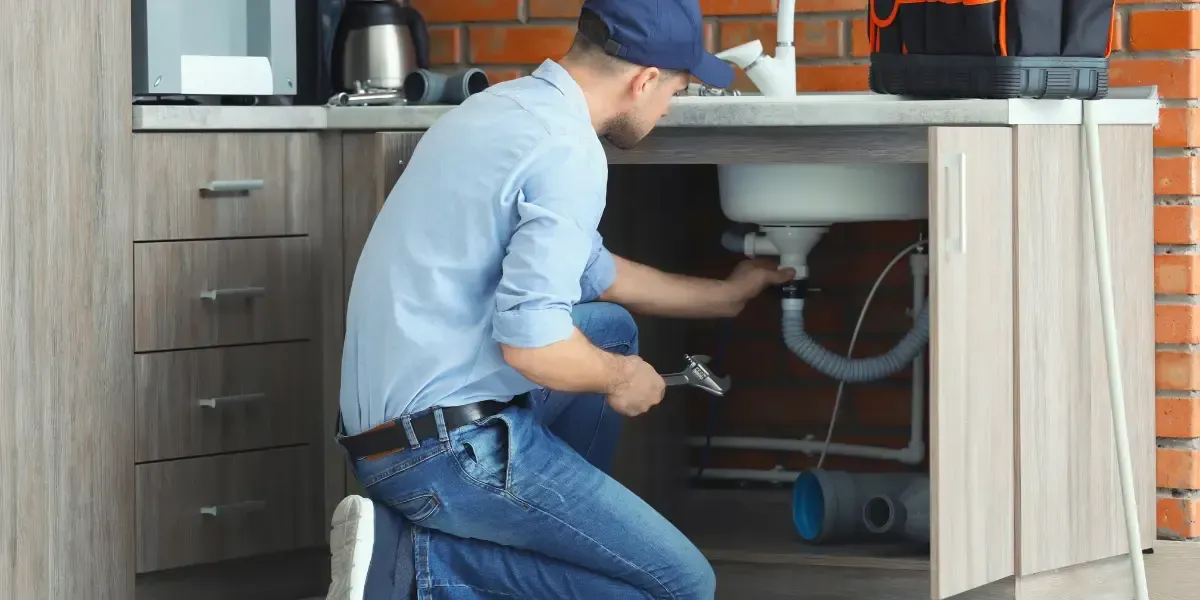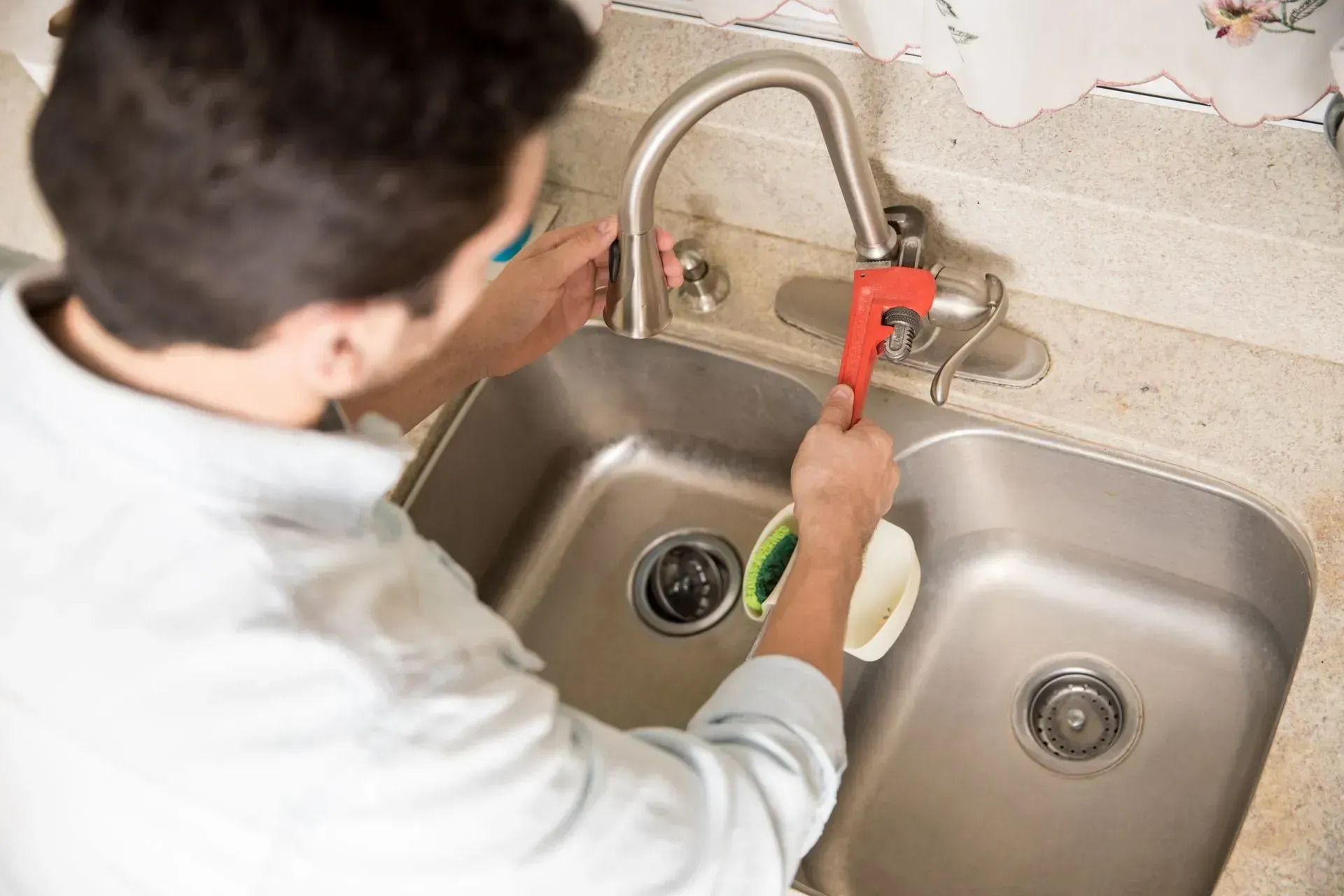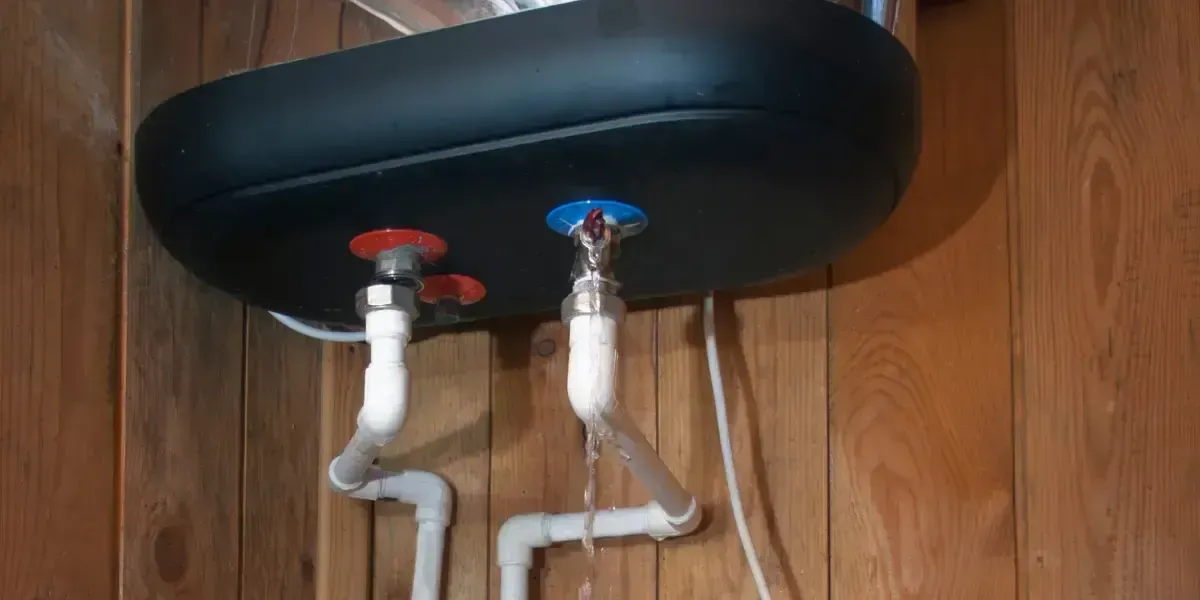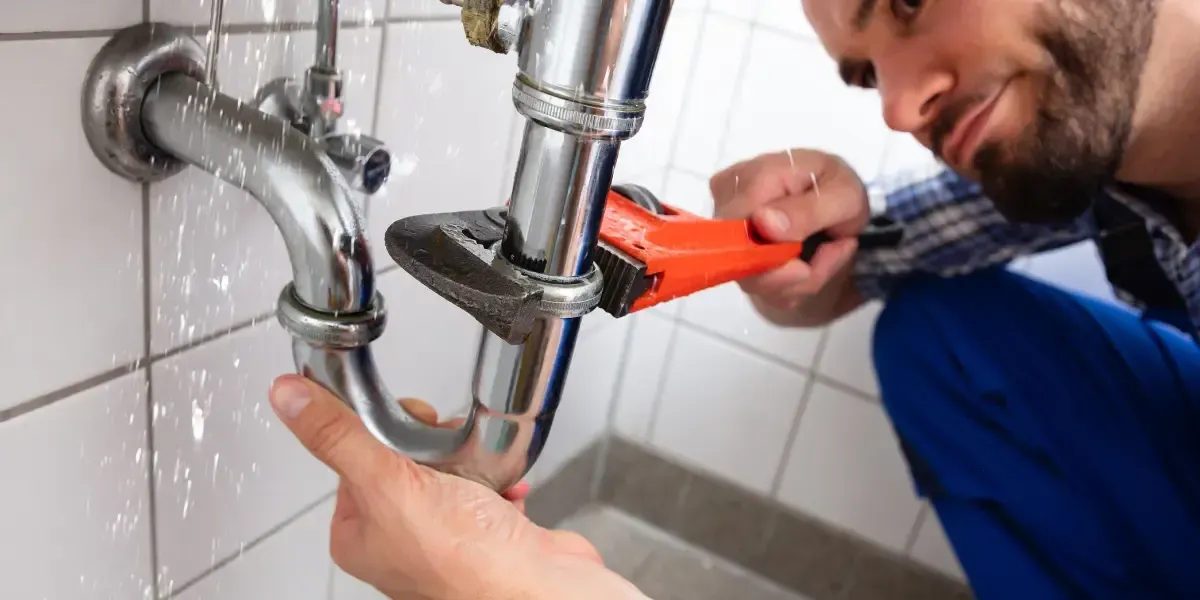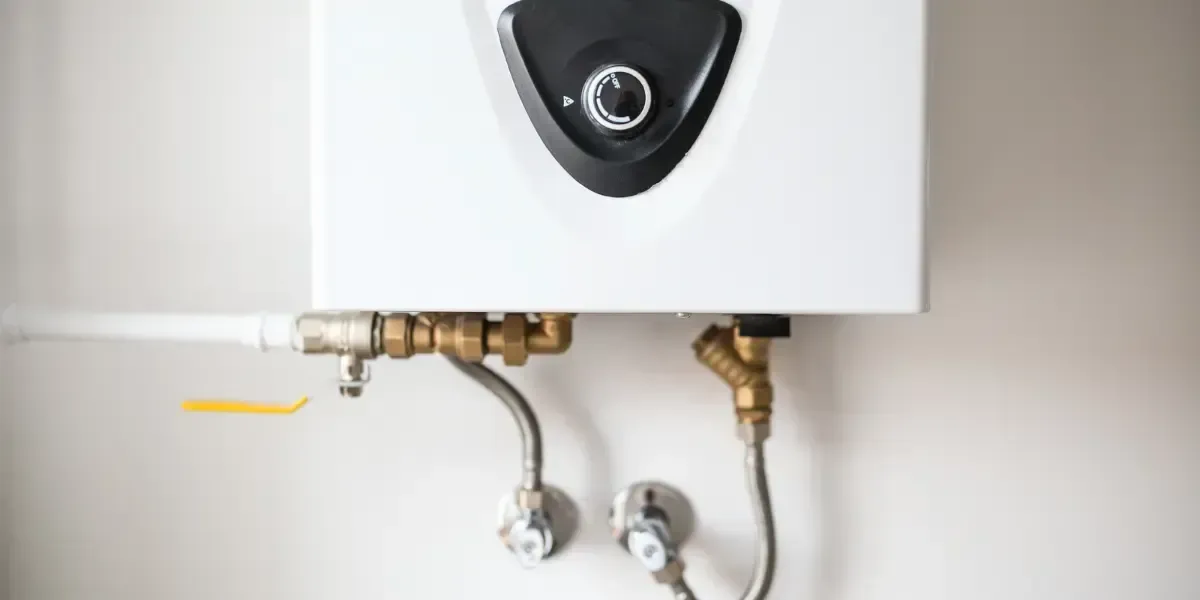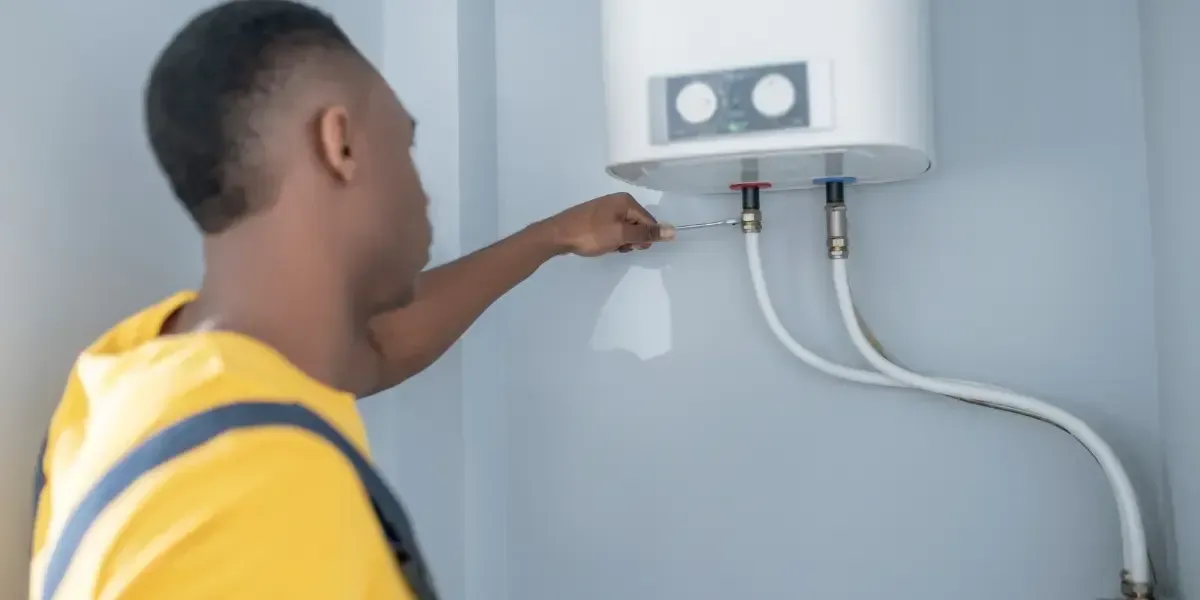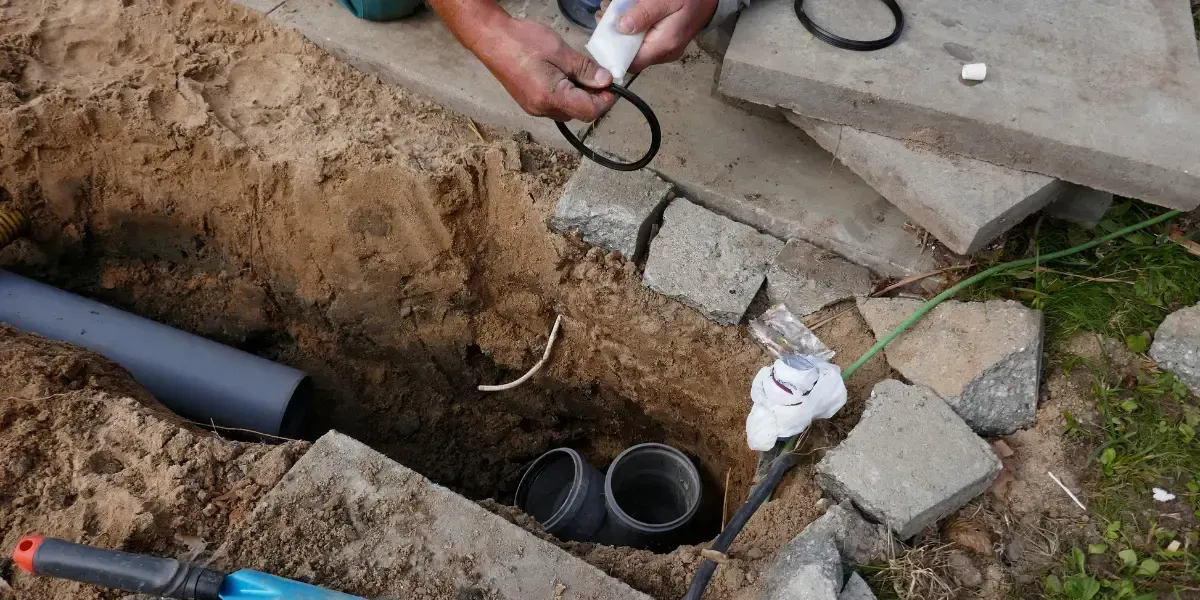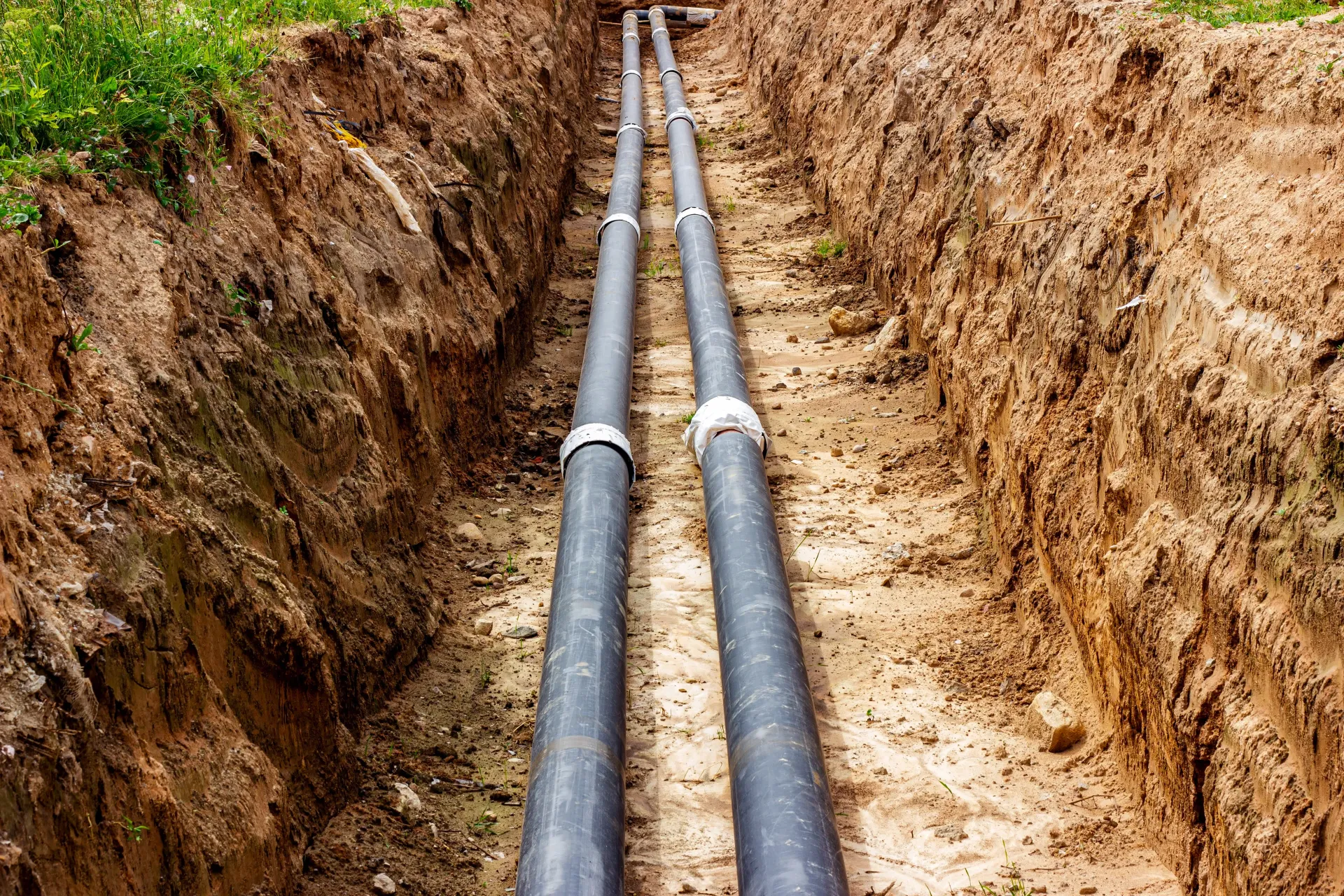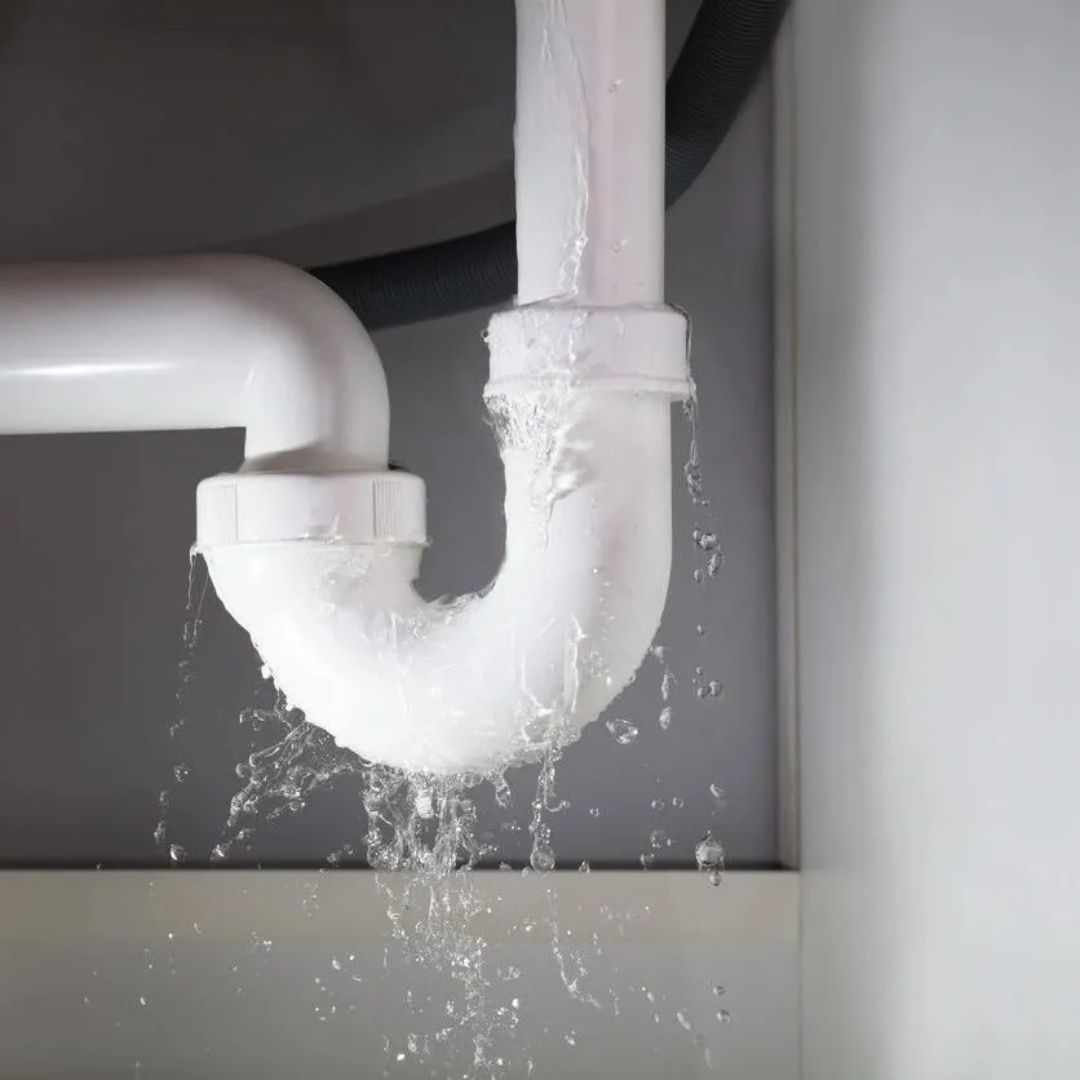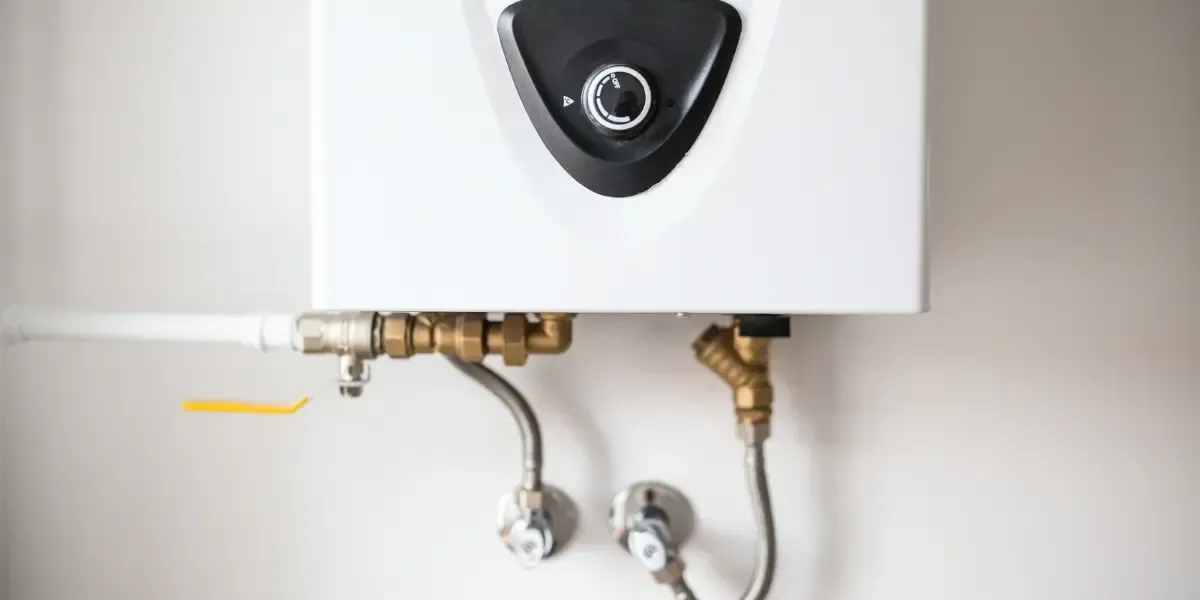How to Detect Water Leaks Before Damage Happens
Water leaks can cause serious and costly damage to your home if they go unnoticed. By learning how to
detect water leaks early, you can save yourself from high repair bills, mold growth, and even structural damage. In this guide, we'll show you practical steps for detecting water leaks before they turn into major problems. Whether you’re a homeowner or a renter, these tips will help keep your property safe and dry.
Key Takeaways
- Detecting water leaks early can prevent costly repairs, mold growth, and structural damage.
- Unusual signs like high water bills, musty odors, damp spots, and low water pressure may indicate hidden leaks.
- Simple methods such as checking the water meter or using food coloring in toilets help identify leaks at home.
- Outdoor areas and appliances like washing machines, dishwashers, and water heaters are common sources of leaks.
- Professional plumbers use advanced tools to locate hidden leaks without damaging walls or floors.
Why Water Leak Detection is Important
When it comes to household maintenance, many people underestimate the importance of detecting water leaks. A small, hidden leak can waste hundreds of gallons of water, driving up your utility bills and potentially damaging walls, floors, and ceilings. In some cases, leaks can lead to mold growth, which can cause health problems and expensive remediation costs.
Finding water leaks early can also conserve water, an important resource, and prevent unexpected surprises down the line. Knowing how to detect a water leak is a proactive step toward protecting your home and wallet.
Signs You Might Have a Water Leak
Before you start searching for leaks, it’s essential to know the common signs. Here are a few red flags that could indicate a hidden leak:
- Unusually high water bills: If your water usage hasn’t changed but your bill has spiked, you may have a leak.
- Mold or mildew smells: Persistent musty odors are often a sign of hidden moisture.
- Damp or discolored spots: Stains on walls, ceilings, or floors can point to water seeping where it shouldn't.
- Sounds of running water: Hearing water when all fixtures are turned off is a major clue.
- Low water pressure: A sudden drop in pressure could indicate a leak in your plumbing system.
How to Detect Water Leaks at Home
Check Your Water Meter
One of the most reliable ways to detect a water leak is by using your water meter. Here’s how:
- Turn off all water inside and outside your home.
- Check the water meter reading and write it down.
- Wait at least two hours without using any water.
- Check the meter again. If the reading has changed, you likely have a leak.
This simple method helps identify whether the problem is within your plumbing system.
Inspect Common Leak Areas
Certain areas are more prone to leaks than others. Make a routine of inspecting:
- Under sinks and around plumbing fixtures.
- The base of the toilets and around the tank.
- Behind washing machines, dishwashers, and refrigerators.
- Around water heaters.
Look for signs of corrosion, puddles, or moisture buildup.
Use Food Coloring in Toilets
Toilets are a common source of hidden leaks. To check:
- Add a few drops of food coloring into the toilet tank.
- Wait 10-15 minutes without flushing.
- If the color appears in the bowl, you have a leak between the tank and bowl.
Listen for Unusual Sounds
Sometimes, your ears can help with detecting a water leak. Listen for dripping, hissing, or running water sounds when the house is quiet. These noises can lead you directly to the source of a hidden leak.
Check Outdoor Areas
Leaks can also occur outside. Inspect your garden hoses, irrigation systems, and spigots. Look for wet spots in the yard, particularly if there hasn't been recent rain. A soggy patch could indicate a leak in an underground pipe.
When to Call a Professional
While some leaks are easy to find and fix on your own, others require professional help. If you suspect a leak but can’t locate it, or if you find moisture in walls or ceilings, it’s time to call a licensed plumber. Professionals have specialized tools, such as acoustic leak detectors and thermal imaging cameras, to find leaks without tearing apart your walls or floors.
How Mike's Plumbing & Rooter Service Can Help You
When it comes to finding water leaks and preventing major water damage, choosing the right professional matters. Mike’s Plumbing and Rooter Service has been serving Southern California with integrity and expertise for years. Their team is trained to locate even the most hidden leaks using advanced, non-invasive technology.
Why Choose Mike’s Plumbing and Rooter Service
- Experienced professionals: Their plumbers have years of experience in detecting water leaks and repairing them efficiently.
- Advanced equipment: They use state-of-the-art leak detection tools to find leaks quickly and accurately.
- Prompt response times: Water leaks can’t wait. Mike’s Plumbing and Rooter Service understands the urgency and provides fast, reliable service.
- Comprehensive solutions: From detection to repair, they handle the entire process to ensure your home stays safe and dry.
Visit their website at Mike’s Plumbing and Rooter Service to learn more or schedule an inspection today.
Conclusion
Knowing how to detect water leaks before they cause damage is crucial for every homeowner. By staying alert to signs and performing routine checks, you can catch leaks early and avoid costly repairs. However, if you suspect a leak and can’t locate it yourself, don’t hesitate to call in the experts.
Mike’s Plumbing and Rooter Service offers professional, reliable help for detecting water leaks, giving you peace of mind and protecting your investment. Don’t let a small leak turn into a big problem — take action today and keep your home safe.
Frequently Asked Questions
Why is early water leak detection important?
It helps prevent property damage, saves money on repairs, reduces water bills, and conserves resources.
What are common signs that I might have a water leak?
High water bills, moldy smells, damp or discolored spots, unusual sounds, and sudden low water pressure.
How can I check for leaks myself?
Use your water meter, inspect common leak-prone areas, use food coloring in toilets, listen for unusual sounds, and check outdoor spots.
When should I call a professional plumber?
If you suspect a leak but can’t locate it, or if you notice moisture in walls, ceilings, or other hard-to-reach areas.
What makes Mike’s Plumbing and Rooter Service a good choice?
They offer experienced professionals, advanced detection tools, fast response times, and complete repair solutions.

